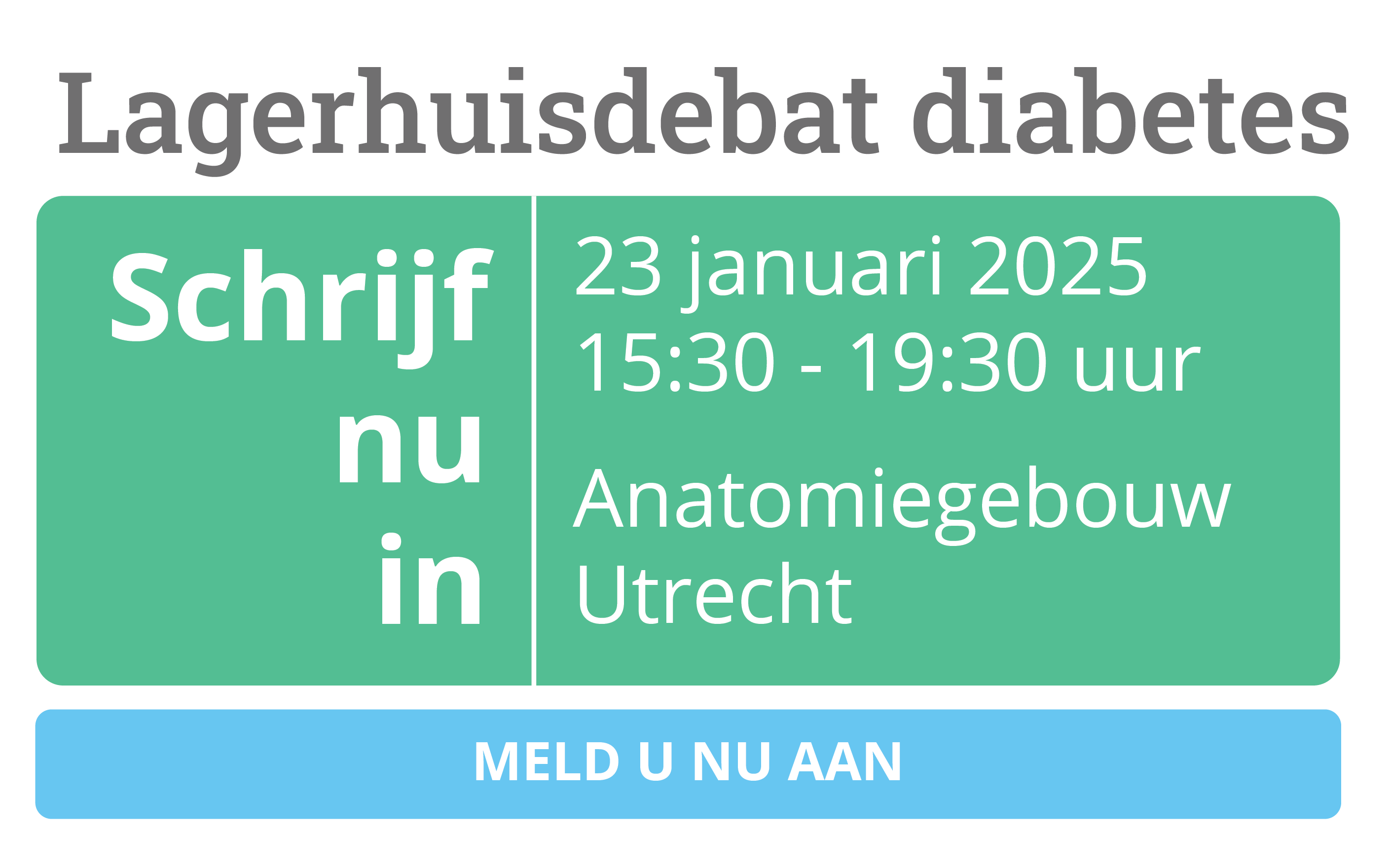To explore gallbladder- and biliary tract–related events reported for the liraglutide and placebo groups in the Liraglutide Effect and Action in Diabetes: Evaluation of Cardiovascular Outcome Results (LEADER) trial.
LEADER was an international, randomized, double-blind, controlled cardiovascular (CV) outcomes trial. Participants with type 2 diabetes at high risk for CV events (n = 9,340) were randomized 1:1 to receive either liraglutide (≤1.8 mg daily; n = 4,668) or placebo (n = 4,672), with both groups also receiving standard care (treatment period: 3.5–5 years). Acute gallstone disease was a medical event of special interest. This post hoc analysis categorized captured events of acute gallbladder or biliary disease into four groups: uncomplicated gallbladder stones, complicated gallbladder stones, cholecystitis, and biliary obstruction. Time to first event by treatment group was analyzed using Cox regression.
There was an increased risk of acute gallbladder or biliary disease with liraglutide versus placebo (n = 141 of 4,668 vs. n = 88 of 4,672 patients, respectively; hazard ratio [HR] 1.60; 95% CI 1.23, 2.09; P < 0.001). Similar trends were observed for each of the four categories of gallbladder- or biliary tract–related events. Cholecystectomy was performed more frequently in liraglutide-treated patients (HR 1.56; 95% CI 1.10, 2.20; P = 0.013) but for similar proportions of the patients who experienced gallbladder- or biliary tract–related events (57% with liraglutide vs. 59% with placebo).
Although LEADER was not specifically designed to assess acute gallbladder or biliary disease, the trial showed an increased risk of gallbladder- or biliary tract–related events with liraglutide versus placebo, which appeared to be consistent across four categories of these events. Further studies should investigate the relevant mechanisms.


